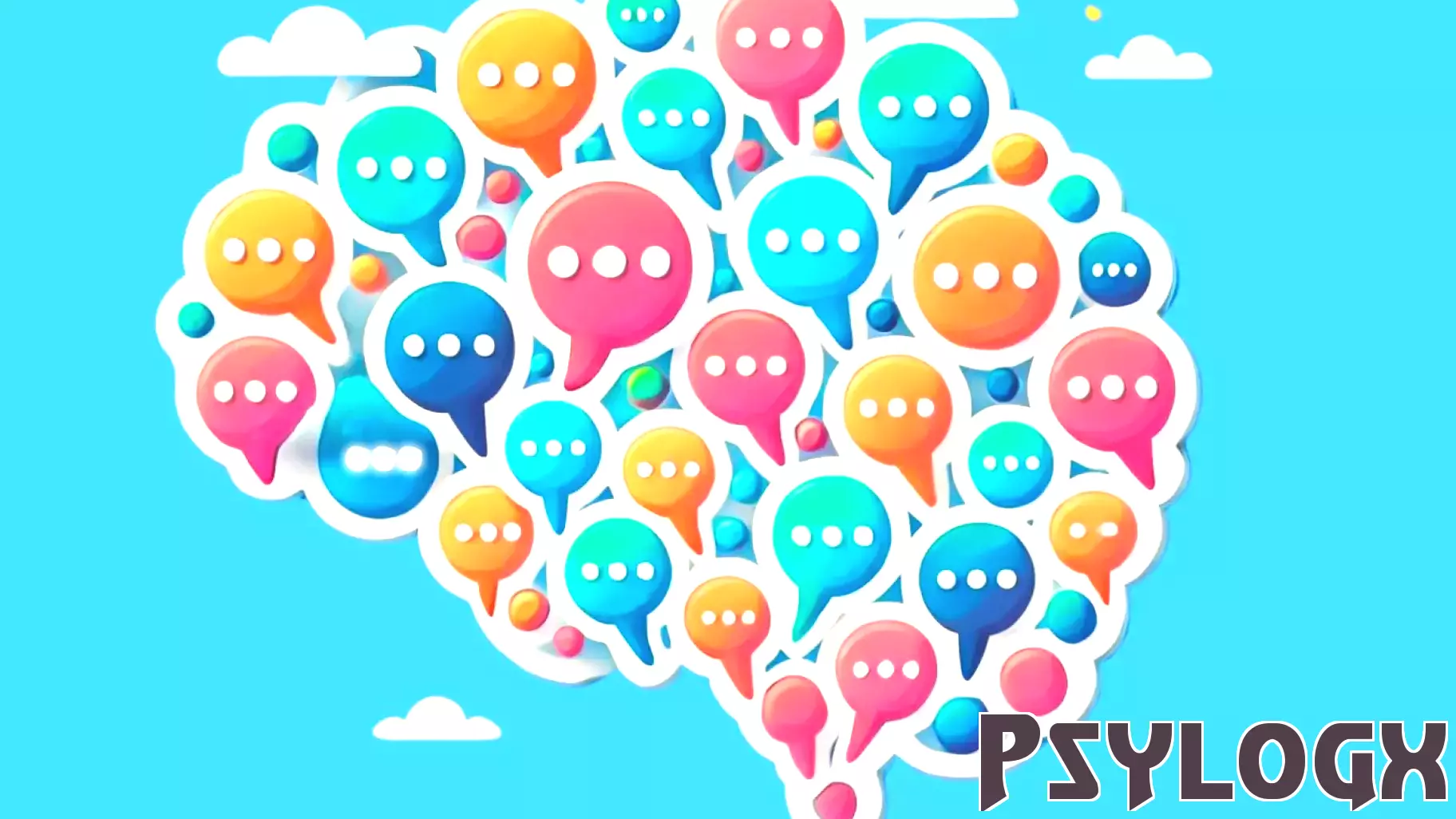Navigating Neurodiversity: A Language Guide for Supporters
March 24, 2025 - 05:30

Worried about saying the wrong thing when talking about neurodiversity? Understanding the appropriate language to use is crucial in fostering an inclusive environment for neurodiverse individuals. This guide serves to clarify essential terms and phrases that can promote respectful and supportive conversations.
When discussing neurodiversity, it is important to focus on person-first language. For instance, referring to someone as a "person with autism" rather than "an autistic person" emphasizes their humanity before their condition. Additionally, avoiding outdated or derogatory terms is vital, as language can significantly impact perceptions and attitudes.
It is also beneficial to listen actively and respect individual preferences regarding language. Each person may identify differently, and being open to their choices demonstrates respect and understanding. By educating ourselves on these nuances, we can create a more supportive dialogue that honors the diverse experiences within the neurodiverse community. Ultimately, the goal is to foster communication that empowers and uplifts all individuals.
MORE NEWS

February 24, 2026 - 22:29
Beyond "Good Job": More Meaningful Ways to Offer PraiseThe phrase `good job` has become a default in our vocabulary, a well-intentioned but often hollow piece of feedback. While positive in spirit, its overuse can feel generic and fail to acknowledge...

February 24, 2026 - 04:34
Why Does Therapy Keep Reinventing Itself?The field of psychotherapy is in a state of perpetual renewal, not as a series of disconnected trends but as a deep evolution within our broader cultural and intellectual history. It continuously...

February 23, 2026 - 02:52
Maybe We Just Need to Get Out MoreThe elusive spark of creativity is often attributed to innate genius or intense, solitary thought. However, a growing perspective suggests that innovation depends less on raw talent and more on the...

February 22, 2026 - 11:38
Psychology says people who look significantly younger after 60 aren't just genetically lucky - they display 9 specific lifestyle patterns that started decades before anyone was paying attentionNew psychological insights are challenging the notion that looking significantly younger in later life is purely a genetic gift. Research indicates that individuals who appear decades younger after...